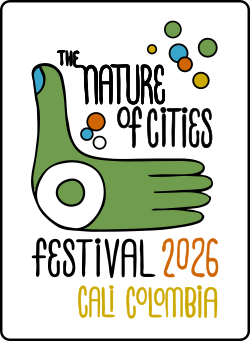General Questions
What are the dates of TNOC Festival 2026?
The 2026 Festival will take place from 5–10 October 2026 across Cali, Colombia.
What format will TNOC Festival 2024 be?
TNOC Festival 2026 is a fully in-person, city-wide experience, blending:
Keynotes
Professional sessions and dialogues
Hands-on workshops and labs
Field trips and urban explorations
Public art, performances, and storytelling
What is the City of Cali’s role in the Festival?
The Mayor’s Office of Santiago de Cali is the Festival’s institutional and territorial partner, ensuring that the event is deeply rooted in the city’s long-term vision for sustainability, culture, and community well-being.
Its role includes:
- Aligning the Festival with the city’s urban, environmental, and cultural policies.
- Supporting the implementation of activities across Cali through its local departments and territorial networks.
Ensuring the Festival’s legacy contributes to Cali’s strategic goals, from biodiversity conservation to inclusive urban development. - Facilitating collaboration with local organizations, communities, and cultural actors.
- Providing institutional backing to position Cali as an international reference for biocultural innovation.
Will the plenaries be recorded or streamed?
Yes. Most plenaries will be recorded and streamed.
Recordings will appear after the Festival on TNOC’s website and YouTube, and selected sessions may be streamed live through TNOC and Humboldt platforms.
What is the theme of the 2024 Festival?
TRUEQUE – Exchange as the Foundation for Cities that Care for Life.
Rooted in Latin American reciprocity, the Festival explores how exchanging knowledge, creativity, and care can shape more just and nature-positive cities.
Why Cali? Why Colombia?
Cali is a co-creator, not just a venue.
It sits within one of the world’s most biodiverse regions and blends ecological richness, cultural dynamism, and community resilience. Building on the legacy of COP16, Cali is positioned at the crossroads of global biodiversity leadership and local innovation.
What legacy will the Festival leave in Cali?
TNOC Festival 2026 will leave a practical and meaningful legacy for Cali by working directly with the Humboldt Institute, international experts, and local actors to explore and respond to the city’s biodiversity and sustainability challenges.
The legacy includes:
- A Cali Legacy Document co-created with Humboldt, the city, and global experts
- Practical insights and proposals that support urban biodiversity, climate resilience, and community well-being
- Public art and storytelling installations that remain in the city
- New partnerships between local institutions, communities, and international networks
- Capacity-building for youth, artists, educators, and community organizations
- Strengthened global visibility for Cali as a leading biocultural and innovative city
The impact goes beyond the week of the Festival — it continues through new ideas, new relationships, and shared actions that evolve long after the event ends.
Is this the first time TNOC Festival is held in Latin America?
Yes — TNOC Festival 2026 is the first-ever in-person edition in Latin America, following Paris (2019) and Berlin (2024).
How many people will attend the Festival?
We expect 300–500 participants and hundreds of local visitors through public activities.
How many countries are expected to visit Cali during the Festival?
Participants will join from around 50 countries, bringing a diverse global community across science, art, policy, creative industries, youth, and civil society.
Programming and Participation
Can I propose a session or activity?
Yes. A Call for Sessions will open in early 2026.
What are “Seed Sessions”?
Short, experimental 10–12 minute presentations for emerging ideas and prototypes.
What are “Skill Sessions”?
Mini-workshops where anyone teaches a skill in 10 minutes.
What are field trips and urban explorations?
Immersive explorations through Cali’s rivers, hills, neighborhoods, biodiversity corridors, and cultural sites, led by scientists, artists, and community leaders.
Will there be virtual field trips?
No — all field trips are in-person to fully experience Cali’s biocultural richness.
Is the Festival transdisciplinary?
Yes — it weaves together art, science, community practice, culture, design, biodiversity research, and policy into one integrated programme. All ways of knowings and modes of actions are welcome.
Are multiple languages supported?
The Festival operates primarily in English and Spanish, with live (EN-SP) interpretation in selected plenary sessions.
Art and Creative Practice
Art is at the heart of the TNOC Festival. It is not an add-on, but a central way we explore, imagine, and transform cities — through creativity, performance, storytelling, and collaborative making.
Does art have a place in the Festival?
Absolutely — art is one of the Festival’s core pillars.
What are “art, story, and performance sessions”?
Expect:
- Public art installations
- Performances (dance, music, spoken word)
- Film screenings
- Murals and live painting
- Sound experiences and sonic landscapes
- Visual storytelling and comics
Interactive community art engagements
What are “art, story, and performance sessions”?
Creative sessions spanning dance, poetry, comics, soundscapes, movement, illustration, and hybrid art–science collaborations.
Will the public be able to participate in art activities?
Yes — many artistic components invite citizens to create, write, draw, perform, and contribute to collective works.
Will art created during the Festival stay in Cali?
In many cases, yes. Selected artworks and installations will remain as part of the Festival’s local legacy.
Science
Is science represented at the Festival?
Yes — science is a core pillar. Ecologists, biodiversity specialists, climate researchers, and social scientists actively contribute through sessions, labs, and field trips.
How does the Festival integrate science with art and community?
TNOC Festival is a living laboratory, connecting knowledge across disciplines through:
- Co-created sessions
- Art–science residencies
- Field trips led by scientists and local cultural leaders
- Storytelling, comics, mapping, and sound walks
Collaboration with Instituto Humboldt, our Knowledge Partner
Funding and Partnerships
How is the Festival Funded?
Through a hybrid model of:
- Sponsorships (Ceiba, Root, River, Seed Partners)
- In-kind contributions
- Support from TNOC, Humboldt, Comfandi, and the Alcaldía
- Grants and cultural funding
- Registration fees
- Adopt an Experience partnerships
- Philanthropic contributions
This ensures many public activities remain free.
Why does the Festival rely on partnerships and sponsorships?
Because it is a nonprofit, public-interest event prioritizing accessibility, participation, and impact. Partnerships help deliver free public programming, youth participation, artist support, and legacy work.
Is TNOC an NGO?
Yes — TNOC is an independent NGO registered as:
- a 501(c)(3) nonprofit in the U.S.
- a charity in Ireland (TNOC-Europe)
How does being an NGO shape the Festival?
All resources are reinvested into public-good activities such as:
- Long-term impact rather than profit
- Free events
- Community and youth participation
- Public art and educational programming
Is the Festival run for profit?
No — any surplus is reinvested into community engagement, documentation, and future public-interest initiatives.
How can local enterprises benefit from supporting the Festival?
Local businesses gain:
- High visibility before local and global audiences
- New partnerships (embassies, universities, NGOs, cultural institutions)
- CSR leadership in sustainability and culture
- Business activation opportunities with direct audience engagement
Supporting the Festival is a strategic investment in Cali’s future and visibility.
Do sponsors have a role in the Festival?
Yes. Sponsors play an active and meaningful role in the TNOC Festival.
They help make the Festival accessible, creative, and impactful — and can directly participate in shaping its experiences. To explore all options and benefits — including the Seed, River, Root, and Ceiba tiers — please see the TNOC Festival 2026 Sponsor Pitchbook.
Partners and Organizers
What is the role of Instituto Humboldt in the Festival?
Humboldt is the Knowledge Partner, ensuring scientific rigor and connecting the Festival to Colombia’s biodiversity agenda.It co-develops the programme, guides field trips, supports art–science residencies, and bridges global environmental knowledge with local realities.
What is Comfandi and why is it the Festival venue?
Comfandi is a major cultural, educational, and social institution in Cali.
It is the venue because it offers:
- Accessible, community-centered spaces
- Alignment with the Festival’s mission
- Deep local networks
- Safe, equipped facilities for an international event
Comfandi is a key territorial and community ally.
Where can I read more about TNOC?
Read more about The Nature of Cities (TNOC) at thenatureofcities.com
Festival Identity
What does the TNOC Festival logo represent?
We are The Nature of Cities (TNOC), where “of” means the character of cities, viewed through a green and blue lens.
The logo, designed by Frida Larios, expresses human connection, care, and reciprocity.
- Seeds symbolize shared ideas — dispersed, exchanged, gathered.
- Hands, inspired by Mayan symbology, represent giving and receiving.
- The open hand signifies welcome, greeting, and openness.
It is a symbol of exchange, stewardship, and collective imagination — the spirit of TRUEQUE.
Stay Informed
How can I keep up with Festival news?
Subscribe to the TNOC Festival Newsletter






